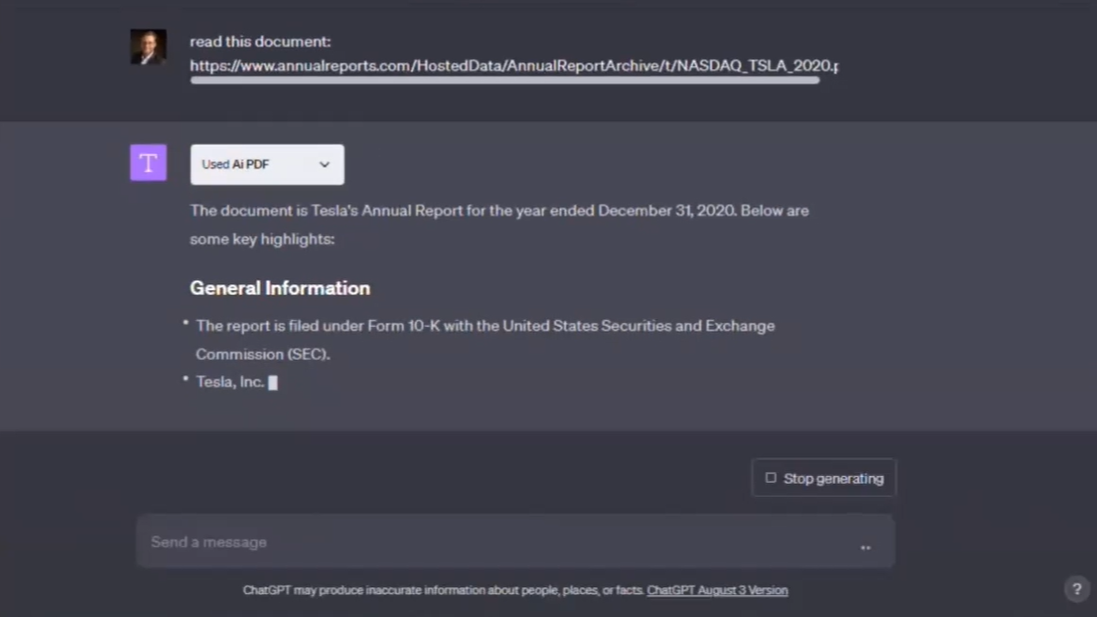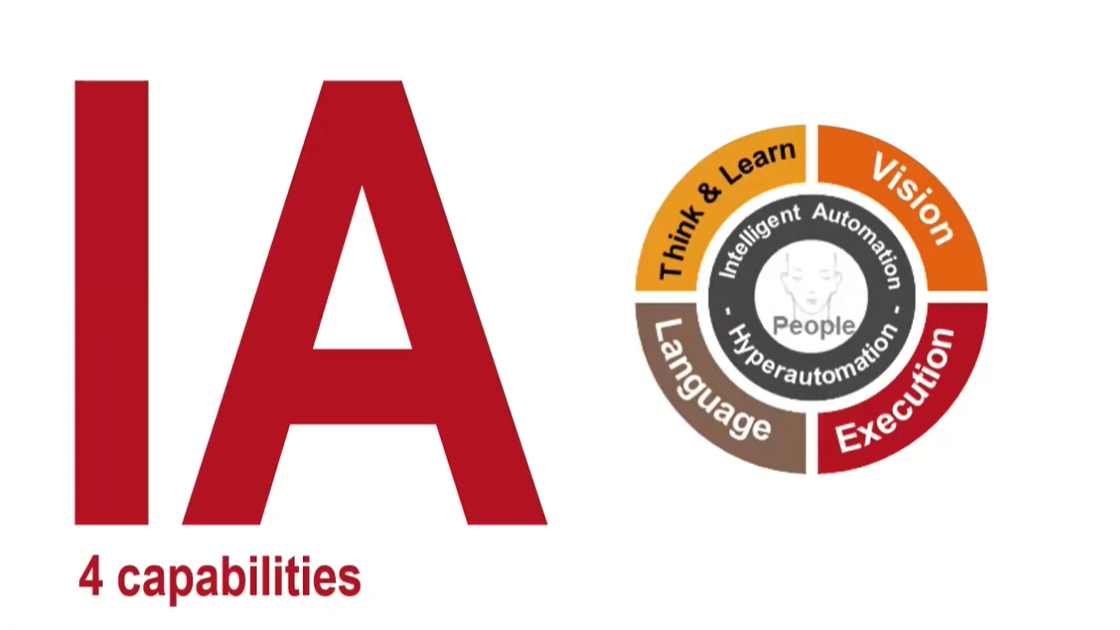Artificial intelligence (AI) and intelligent automation are creating significant opportunities for organizations and individuals and are shaping the future of professional accountants as leaders and business partners.
Many companies are investing in digital transformation based on intelligent automation to drive exponential business growth, meet customers' expectations and enable people to focus on their human strengths to create greater fulfillment.
Professional accountant roles and responsibilities in technology-driven work environments are changing for the better. AI and automation provide the foundation for substantially increasing efficiency and increasing customer and employee satisfaction.
Pascal Bornet, CPA and former AI and automation leader at EY and McKinsey presented to the IFAC Professional Accountants in Business Advisory Group on the opportunities that AI and intelligent automation provide to work better, augment human decision-making and increase job satisfaction.
By embracing AI and automation, finance and accounting professionals are simplifying and automating repetitive rule-based tasks and work practices, optimizing end-to-end processes and focusing on delivering meaningful insights to guide decision making.
Digital transformation provides the opportunity for people to add greater value by focusing on the skills specific to humans such as innovation, creativity, critical thinking and judgment.
Deployed together, generative AI and other intelligent automation capabilities provide a more powerful combination to increase the quality and speed of work. Generative AI complements developments in intelligent automation to deliver significant productivity gains in the coming years.
Without generative AI, automation was projected to impact 21.5% of work hours by 2030, but since its introduction, the share has risen to 29.5%, according to McKinsey
In his presentation, Pascal provided an example of how to use ChatGPT using Tesla’s Form 10-K annual report to quickly analyze Tesla’s key risks, performance, and to identify an audit plan to address risk areas.

Pascal also highlighted the critical role of finance and accounting professionals in addressing new risks and complexities of automation and intelligent systems. Although AI and automation eliminate human involvement at specific points to do more with less and enhance reliability, they also can create new vulnerabilities and weaknesses.
As trusted professionals, professional accountants must continue to enable strong controls and ensure the integrity of automated business and accounting processes, and the quality of data inputs and outputs.
Pascal introduced a four capabilities framework for achieving intelligent automation with different technologies and tools to mimic human interaction with computers:

-
Vision – Through computer vision, computers analyze images and recognize images and objects.
-
Execution – Deploying computing programs to perform tasks currently carried out through keyboard or mouse inputs by utilizing robotic process automation and smart workflows.
-
Language – Using natural language processing enabling machines to interact with humans through virtual agents and chatbots.
-
Thinking and learning - Delivering greater insights and forecasts through data and machine learning.
Humans play a central role in these capabilities, harnessing intelligent automation for business impact by breaking down workflows and processes and implementing relevant intelligent automation technologies.
Pascal highlighted five critical success factors for scaling intelligent automation:
-
People at the center: People are at the core of change management and education efforts.
-
Management support and involvement: Leaders actively facilitate and are involved in transformation.
-
Combining intelligent automation capabilities: Synergize and prioritize capabilities effectively.
-
Democratizing access: Intelligent automation is accessible to all and empowers all staff to automate work practices without advanced coding skills.
-
Leveraging technology: Utilize technology to accelerate intelligent automation implementation to improve the scope, scale and speed of automation.
The power of intelligent automation provides an opportunity for more fulfilling, higher value and more reliable work. Intelligent automation allows humans to focus on their strengths and capabilities.
Explore more learnings from IFAC’s Professional Accountants in Business Advisory Group.
